Stampede triggers renewed protest in Ethiopia
Following a deadly stampede in Bishoftu during the annual Irreecha thanksgiving festival on Sunday, October 2, Ethiopia held an official three-day mourning period for the 55 people who were killed in the incident. The stampede occurred as activists broke out in anti-government protests, and police responded by firing tear gas and rubber bullets into the crowd at the packed celebration, causing panic. Since the stampede, more violent anti-government protests have emerged—and attacks on foreign businesses and individuals—in eastern and western Oromia, as tensions remain high following the Sunday’s tragedy. The Oromia regional government maintains that the stampede was prompted by “evil acts masterminded by forces who are irresponsible” and not overly forceful police action.
The week’s demonstrations align with a broader wave of anti-government protests that have been occurring since November 2015 initially over lands rights in the Oromia region and have grown to represent demands for greater political freedoms among Ethiopians. Repression of voices critical to the government has prompted further dissent.
Meanwhile, Ethiopia is averaging GDP growth rates of over 6 percent, as the government is leading a massive push towards industrialization and building the necessary infrastructure for trade and business. On Thursday, the government launched a new Chinese-built railway from Addis Ababa to Djibouti—the first modern cross-border electrified railway of its kind.
Gas deals, debt management, and the banking system are all on the docket for Mozambique watchers
Earlier this week, global oil and gas company BP agreed to buy the entire liquefied natural gas production from a field off Mozambique by Coral South Floating LNG (operated by Italy-based ENI) over a period of 20 years, according to Bloomberg. Given that the capacity of the project is believed to be over 3.3 million tons a year, the deal is estimated to be worth $1 billion per year. According to the Financial Times, “guaranteeing a customer for the entire output of the Coral South field in the Indian Ocean, the BP contract clears the way for Eni to make its long-awaited final investment decision on the multibillion-dollar project.” Late last month ENI had approached several London-based banks to finance the project in the Coral field, financing which would run into the billions.
Mozambique in recent months has been struggling with outsized debt, especially since the recent revelation of a $2 billion loan scandal in 2013, and the subsequent IMF decision to suspend lending. In addition, though the country has experienced high economic growth, largely due to capital-intensive FDI, this growth has not translated into jobs. Its currency has also dropped 40 percent against the dollar. Late last month, after a meeting with IMF Managing Director Christine Lagarde, President Filipe Nyusi stated his country’s commitment to an international audit of its public debt. Notably, on Monday, Deputy Minister of Industry and Trade Rajendra de Sousa noted that he thinks the current debt crisis can be solved by the advance sale of natural gas.
In related news, also on Monday, the head of banking supervision at Mozambique’s central bank, Joana Matsombe, reassured investors on the health of the country’s banking system following a liquidity crunch and bailout of its fourth-biggest bank, Moza Banco. On September 30, the central bank announced that Moza Banco had become “unsustainable” and had a negative solvency ratio, so it put it “under emergency administration.” Matsombe emphasized that, overall, though, Mozambique’s banks have a solvency ratio of 15 percent.
Mo Ibrahim Foundation released 2016 report
This week, the Mo Ibrahim Foundation published its annual report on African Governance. This year marks the 10th anniversary of the Ibrahim Index for African Governance (IIAG). The IIAG is based off 4 categories: Safety and Rule of Law, Participation and Human Rights, Sustainable Economic Opportunity and Human Development. This edition brings both good and bad news: Since the inception of the index in 2006, overall governance has improved. Since the last report in 2015, only the score of one of the four indicators (Safety and Rule of Law) deteriorated, while the other three improved. This decrease affects the majority of Africa, though: The report states that, in 2015, two-thirds of African citizens lived in a country where Safety and Rule of Law deteriorated. The sub-indicator for Corruption and Bureaucracy also suffered a noticeable decline, with 33 countries (out of 54) having worse corruption. On a positive note, the sub-indicators for Freedom of Expression and Participation & Human Rights saw noticeable improvement.
The countries with the best scores were Mauritius (which has held the top spot for a decade), Botswana, and Cabo Verde, but the report authors warn of “potential fragility” of high-ranking positions. Despite remaining within the top 10, Ghana and South Africa have experienced deteriorating governance scores. Overall, Côte d’Ivoire, Togo, and Zimbabwe saw the largest improvements. The countries with the lowest scores are the Central African Republic, South Sudan, and Somalia, though the biggest declines in governance were in Libya, Madagascar, and Eritrea.
The Brookings Institution is committed to quality, independence, and impact.
We are supported by a diverse array of funders. In line with our values and policies, each Brookings publication represents the sole views of its author(s).


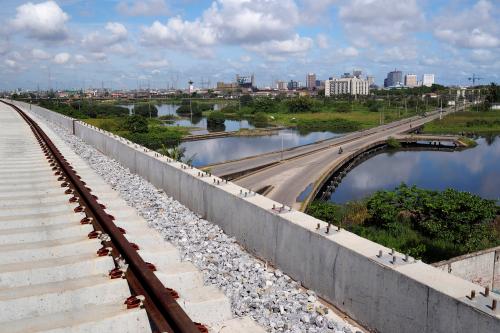
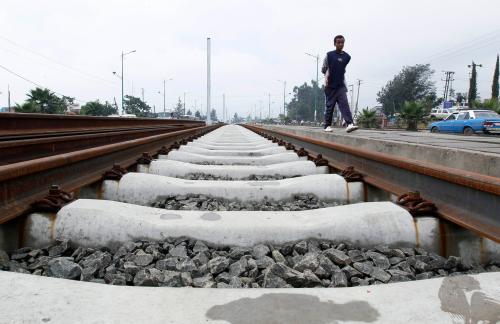
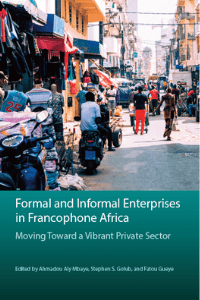
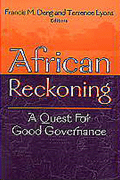
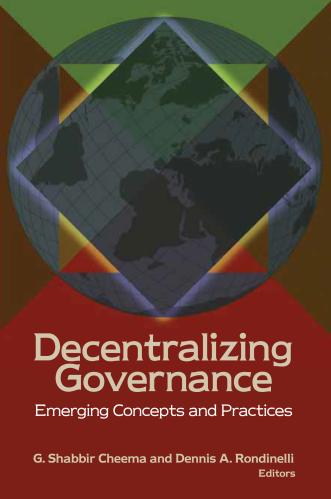

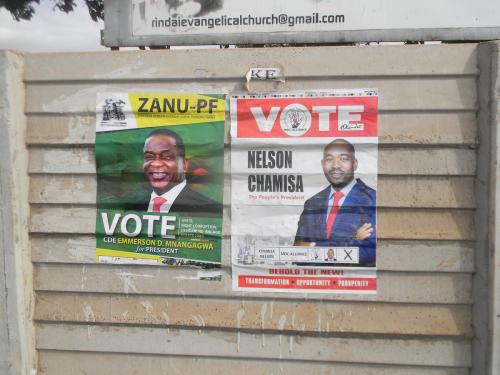
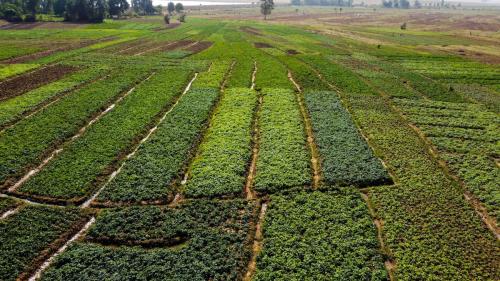

Commentary
Africa in the news: Stampede reignites Ethiopia unrest, major gas deal signed in Mozambique, and Mo Ibrahim Governance released
October 7, 2016